In his first public remarks on China last month, newly elected Pope Leo XIV called on Catholics to pray for the Church in China — a gesture rich in symbolism, but thin on policy clarity. As the Vatican weighs the renewal of its historic 2018 accord with Beijing on bishop appointments, questions loom large about whether Leo will follow the path of cautious rapprochement laid by Francis, or shift course in response to mounting pressure both within and outside the Church.
To clarify the stakes and decode the signals, Wyoming Star spoke with leading experts on the Vatican and its complex relationship with China.
Rebuilding Trust, or Resetting Terms?
Francesco Sisci, a Beijing-based Italian sinologist, believes Pope Leo inherits a delicate legacy:
“He needs to restart a relationship of trust. The Chinese trusted Francis — will they trust Leo?”
That trust, Sisci suggests, was foundational. While the Vatican holds no economic leverage over Beijing, its global moral authority and interest in the well-being of Chinese Catholics may be viewed with suspicion by the Chinese state.
For decades, Chinese Catholics have been caught between a state-sanctioned church that often disregards Rome and an underground network loyal to the papacy but frequently repressed. Sisci emphasizes that the Church’s aim has been to preserve unity, avoiding a binary that would force believers to choose between faithfulness and survival:
“There’s no straight answer to any of this,” he cautions. “Men are not God… The Holy See, I think, could try to reach out to those people, care for them.”
A Precarious Accord at a Crossroads
The 2018 provisional agreement between the Holy See and China, which grants Beijing a role in bishop appointments while preserving the Pope’s final say, remains one of the most controversial elements of Vatican diplomacy. Its renewal in October 2024 extended the experiment for five more years. But critics — both inside and outside China — argue the deal sacrifices underground Catholics for diplomatic convenience.
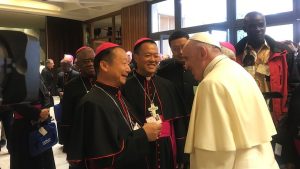
Sisci calls the accord “absolutely historic,” marking “the first time in 3 millennia China admitted the religious authority of a foreign entity.” Yet that historic nature makes it fragile.
“The Vatican has no leverage,” he says, “but its determination to search for peace and not give up on anyone anywhere.”
Dr. Beatrice Leung, an honorary research fellow at National Chengchi University, views the situation more critically. She notes multiple Chinese violations of the agreement, including unilateral bishop appointments.
“It seems that China made use of the dealing with the Vatican to promote its declining international image,” she argues.
The interim period following Pope Francis’s death was particularly tense, with Beijing seeking papal approval for two new bishops during the 空窗期—an “empty window” of Vatican leadership.
“How tricky it was,” Leung says.
She also questions whether Pope Leo will continue the so-called appeasement policy of his predecessor. His silence on those Chinese appointments and his May 24 remarks — on the Feast of Our Lady of China — are telling, she says:
“He asked people to pray but did not show his interest to continue the appeasement policy as the previous pope.”
American Pope, China’s Gaze
Massimo Faggioli, professor of historical theology at Villanova University, highlights another unprecedented factor: Leo XIV is the first American pope.
“We will see how China perceives the Americanness of Leo XIV,” he says.
To Beijing, the Vatican is not only a religious institution but also a state — now led by a citizen of China’s main geopolitical rival.
This shift may complicate diplomatic efforts. Faggioli suggests that the new Pope’s relationship with the Vatican’s Secretariat of State — still led by Cardinal Pietro Parolin, architect of the China policy — will be decisive.
“Will the new pope let the Secretariat continue on the previous policies, or will there be a different kind of policy?”
Leo’s prior role as prefect of the Vatican dicastery overseeing bishop appointments places him in a rare position of institutional knowledge.
“Leo XIV is uniquely positioned to know all the intricacies of the Vatican-China relations,” Faggioli notes, echoing Leung’s reminder of how dependent past popes have been on advisors when navigating Chinese politics.
As she puts it:
“Dealing with China is never an easy task… Chinese Communist politics is called a ‘heavenly book without words’ (無字天書). Westerners have difficulty understanding it thoroughly.”
Global Pressures, Vatican Prudence
Amid rising U.S.–China tensions, and shifting attitudes in Europe toward Beijing, the Vatican finds itself balancing moral integrity with geopolitical pragmatism. Faggioli speculates that Western governments may test Pope Leo’s resolve early on, particularly the United States, which has grown more vocal about religious freedom in China.
Sisci, however, frames the Church’s role in broader terms:
“The more difficult the general geopolitics, the more we’d need the Church’s wisdom and prudence in talking in hard situations.”
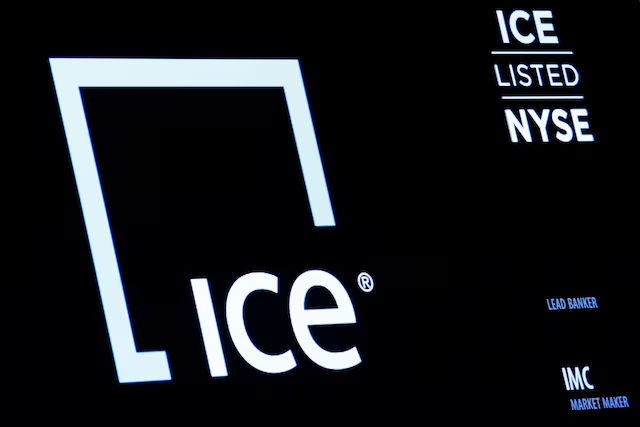
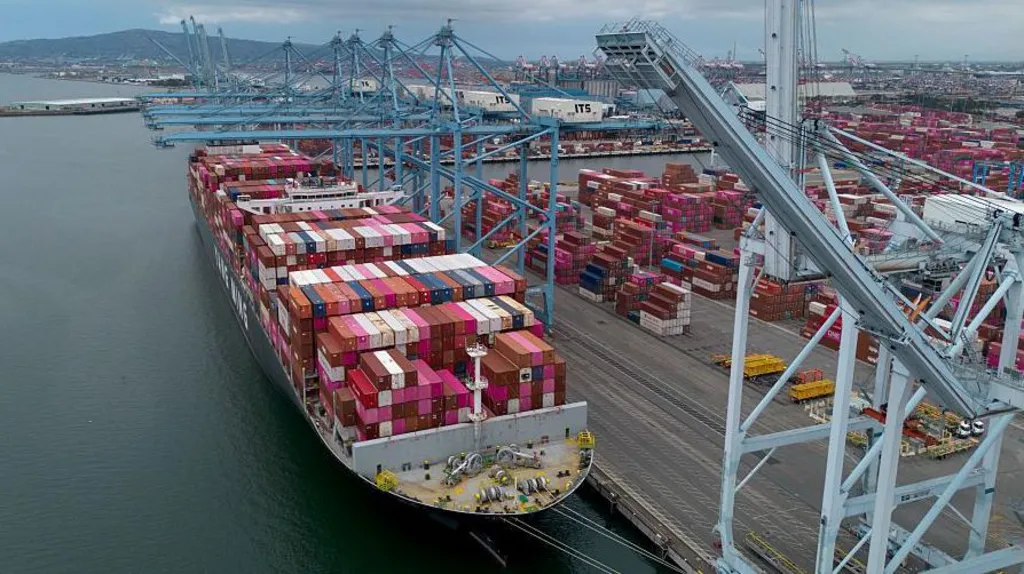
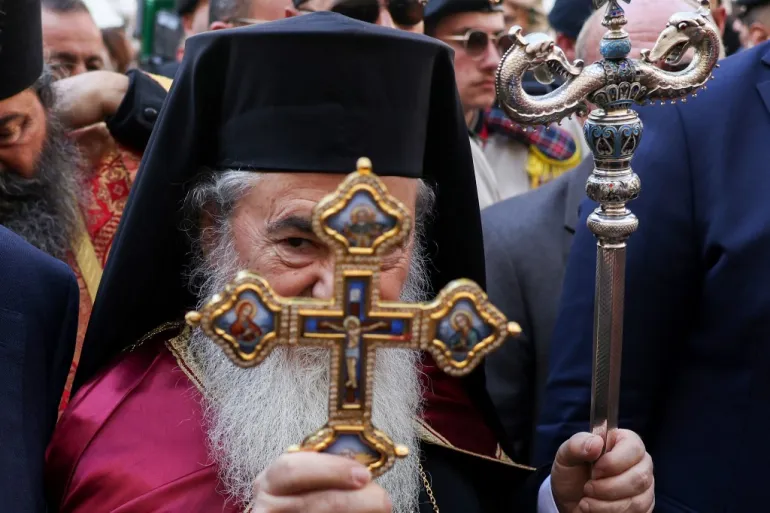
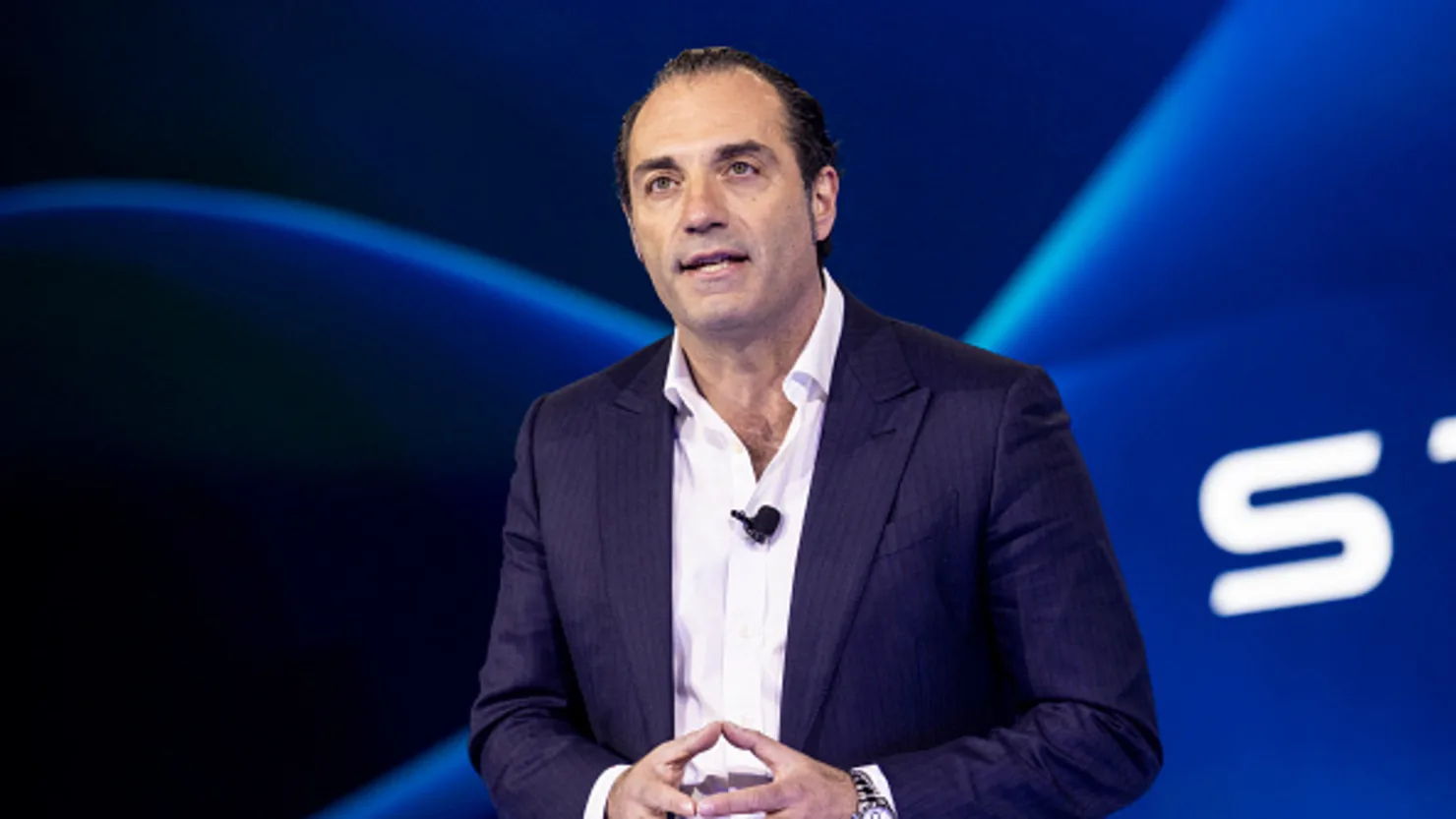
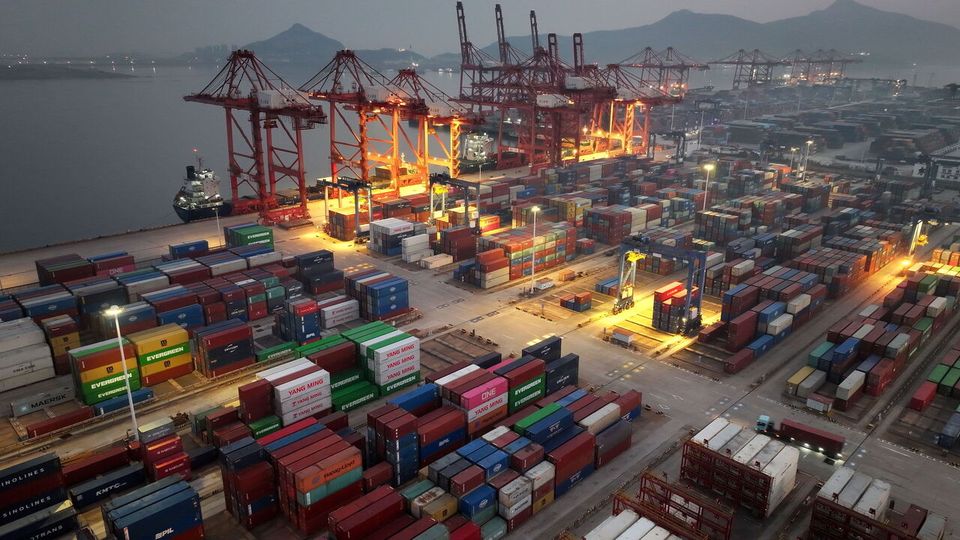
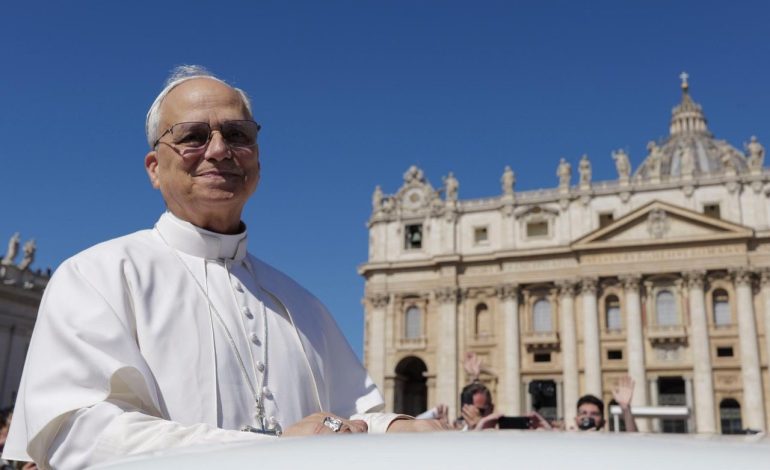




The latest news in your social feeds
Subscribe to our social media platforms to stay tuned